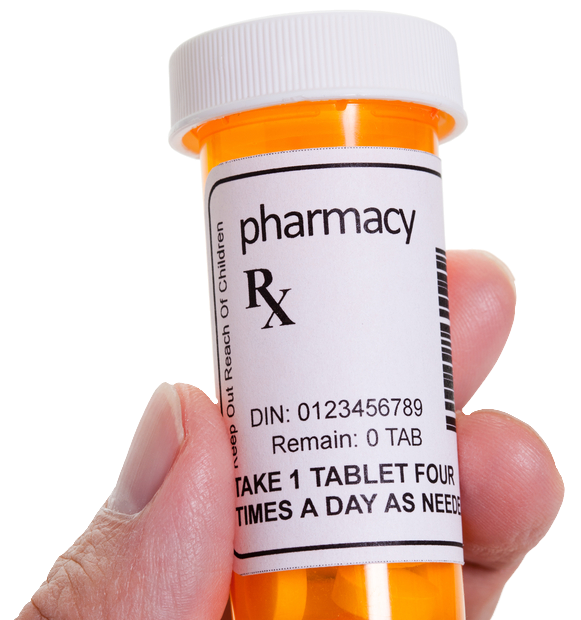Certain Medications Can Lead to Poor Gum Health
 Medications are generally taken to keep people healthy, but they are associated with side effects. Some of the most common side effects affect the mouth, which may lead to oral health problems like poor gum health.
Medications are generally taken to keep people healthy, but they are associated with side effects. Some of the most common side effects affect the mouth, which may lead to oral health problems like poor gum health.
Fortunately, restorative dentistry can help reverse the oral damage caused by certain medications, improving both gum and dental health. When taking medication for health issues, it's important to let your dentist know to ensure potential side effects won't negatively impact your smile. For more information about medications and poor oral health, schedule a consultation with Philadelphia, PA dentist Bruce Wilderman.
Medications and the Impact on Gum Health
Certain medications have side effects that can increase the risk of gum health issues. Although not all medications will cause oral health issues, medications that cause dry mouth and gum swelling are most likely to lead to periodontal disease, or gum disease.
Gum disease is an infection of the gum tissue and a serious oral health problem. Gum disease increases the risk of tooth decay. Gum disease infections can even spread to the structures supporting the teeth, potentially causing tooth loss.
Medications and Dry Mouth
Medications that cause dry mouth, xerostomia, decrease the amount of saliva in the mouth. Saliva is important to overall oral health because it helps wash away food debris and bacteria. When not enough saliva is produced, bacteria may collect on the gums, causing gum inflammation and periodontal disease.
There are hundreds of medications that are associated with dry mouth. Some of these medications include chemotherapy drugs, certain blood pressure medications, and heart medications as well as antihistamines, antidepressants, antipsychotics, Alzheimer's disease medications, and Parkinson's disease medications.
Medications and Gum Swelling
Some medications can cause gum swelling, or gingival overgrowth. This is a condition in which the gum tissue becomes swollen, causing it to grow over the teeth. Gum swelling can increase the risk of periodontal disease as bacteria are more likely to collect between the overgrown gums and teeth.
Some medications that may cause gum swelling and overgrowth include blood pressure medications, specifically calcium channel blockers like diltiazem, and the seizure medication called phenytoin. The drug taken to suppress the immune system to prevent transplant rejection called cyclosporine can also cause gum swelling.
Tips to Protect Gum Health
When taking medications that impact gum health, it is important to be extra diligent about oral hygiene. Taking good care of the gums and teeth can help reduce the risk of oral health problems. Follow these tips to keep your smile at its best:
- Brush after every meal
- Floss at least twice a day
- See your dentist more frequently than twice a year
- Drink plenty of water to reduce the risk of dry mouth
- Chew sugar-free gum to help stimulate saliva production and decrease the risk of dry mouth
- Rinse the mouth with an antiseptic mouthwash
- Use a saliva substitute for serious cases of dry mouth
Learn More about Caring for Your Gums
For more information and tips on how to protect your gums and oral health, we welcome you to schedule a consultation with Dr. Wilderman today.


